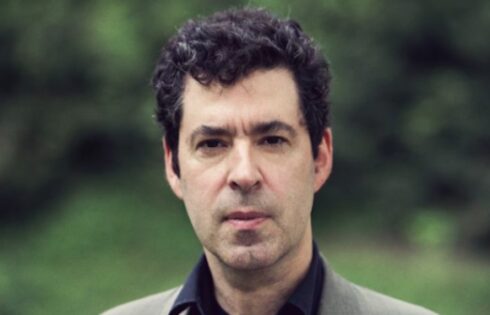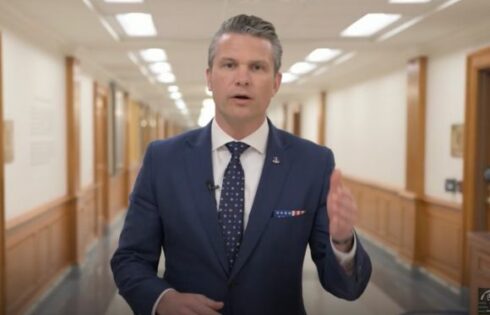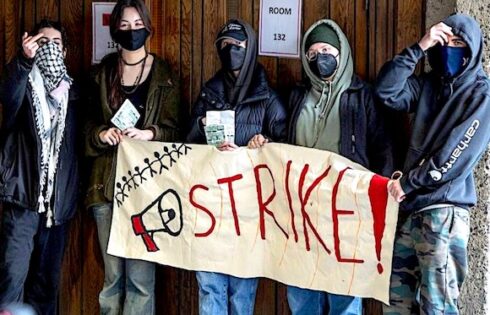
Despite the fact that the evidence has proven the story of a racial attack told by three black female students from SUNY-Albany to be untrue, supporters of the trio continue to believe the tale as originally put forth.
There are those too, who, while receptive to the evidence against the girls, seek to “explain” the incident.
The New York Times’ Vivian Yee, for example, writes that the “solidarity” of support for the women has “fractured,” putting colleagues “on the defensive.”
“Behind the rush to declare the matter a hoax, [supporters] say, is an ingrained prejudice against taking the concerns of minority women seriously,” she writes.
Yee also notes the controversy was “tailor-made to delight conservative media outlets” and “ignite[d] social-media recriminations.”
“Delight”? If anything, it is merely (another) confirmation of the skepticism conservatives often exhibit in cases like this. Particularly, conservatives are suspicious because they know how university-based progressives function.
Sami Schalk, an assistant professor in the university’s English department, who has devoted class time since the bus episode to talking through the implications with her students, said she was concerned that the women’s detractors had failed to consider the prejudice and “racialized language” the young women may have encountered on campus or before the bus ride that could have played a role in provoking the fight.
RELATED: More fake hate: Albany student jovial on 911 call; BLM chapter supportive despite facts
Whatever the outcome of the criminal cases, Professor Schalk said, the events had already served a useful purpose: making white students aware of the subtle slights that students of color regularly encounter.
“My white students have said this has opened up conversations,” she said. “Things that are inadvertent, small, but that these white students have no experience with, not being a person of color on this campus.”
So, because the women may have faced some boorish remarks prior to boarding the bus, this exculpates them from consequences for beating on some fellow passengers?
Here we see the typical invocation of the “teachable moment” — despite the facts, there is an underlying “message” or “purpose” to the whole affair. In this case, it’s racial microaggressions.
Such was the situation with the infamous Duke lacrosse imbroglio, at the University of Missouri, the University of Chicago, Vassar, the University of Delaware, and at Sweet Briar College. And on and on.
Then there are the instances where “nothing” was resolved … or a college administration wouldn’t reveal any details:
Harvard Law School: Officials could not determine who was responsible for putting black tape over the portraits of black law professors. Nevertheless, “racism” was the culprit.
Duke University: Officials refused to divulge any information — not even the race — of the student responsible for hanging a noose on campus. Regardless, the school held a town hall to discuss “how [lynching] history can inform future dialogues about race on campus.”
Oberlin College: After someone spotted a “KKK figure” near the African Heritage House, the college cancelled classes and held discussion groups “to help students cope with the disturbing report.” But no photos or videos, even in this age of smartphone technology, ever came forth of the “figure.”
Lastly, Yee notes what Lauren Hospedales, a freshman at SUNY-Albany, said of Asha Burwell (one of the three who made the false bus attack claim): “It’s disappointing and saddening that somebody who seemed to be trying to help the movement would be the one to set it back.”
BUT — Hospedales adds: “We needed her to get that conversation started, so it wasn’t a waste of time.”
And there you have it.
Read the full NY Times article.
RELATED: Fake hate: SUNY students who alleged racial attack are instead charged themselves
RELATED: Ole Miss Turns Bogus Race Riot Into Teachable Moment
Like The College Fix on Facebook / Follow us on Twitter
IMAGE: Shutterstock







Please join the conversation about our stories on Facebook, Twitter, Instagram, Reddit, MeWe, Rumble, Gab, Minds and Gettr.